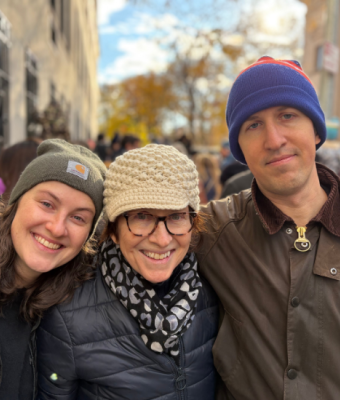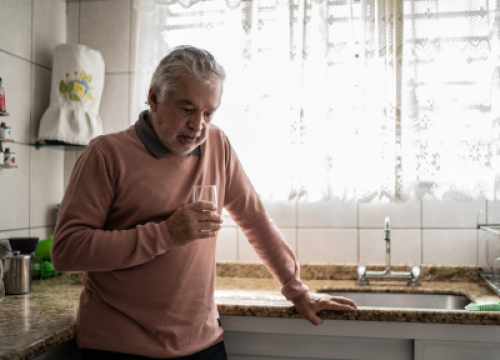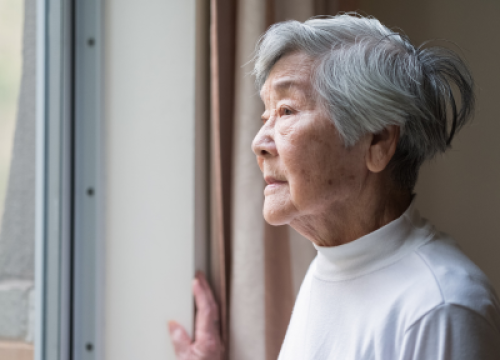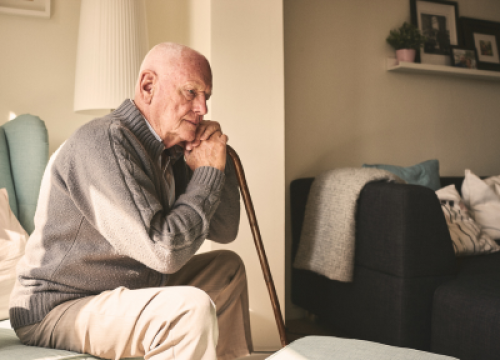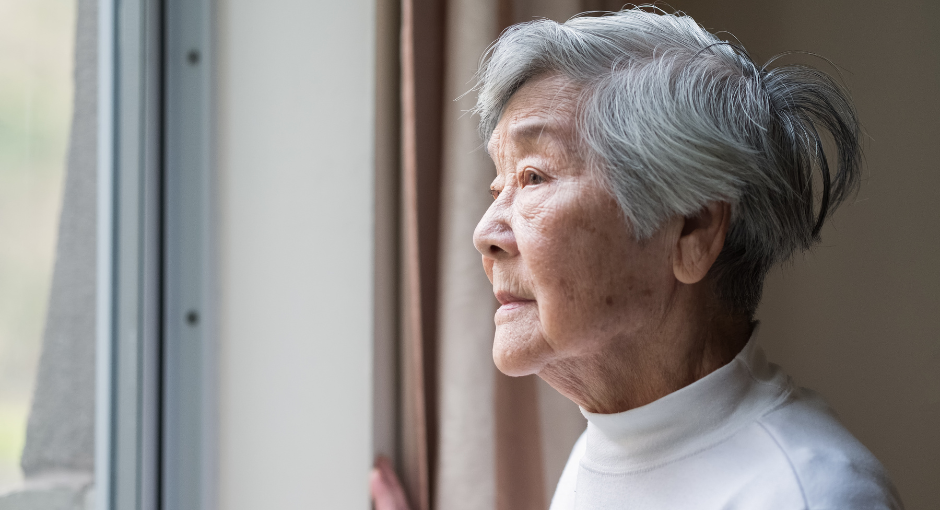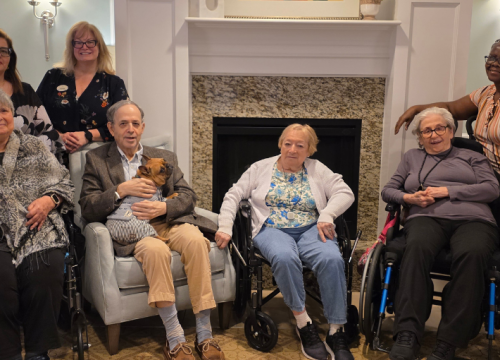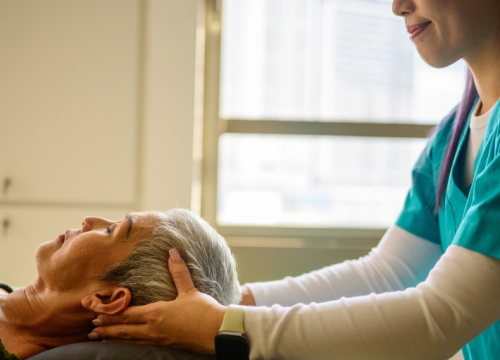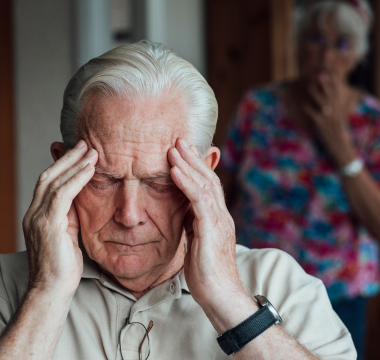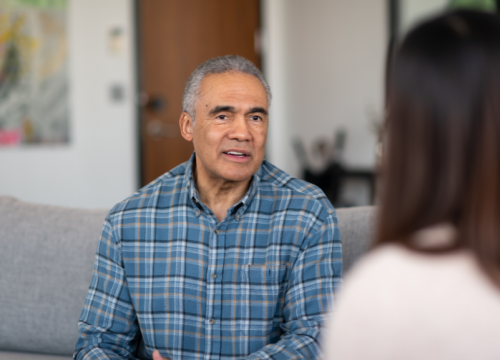Extreme Weather Emergency Preparedness

Preparing for extreme weather is a burden for anyone in the path of a storm or fire. People with Parkinson’s disease (PD) and their caregivers should take these tips into consideration to ensure that all PD-related needs are accounted for when preparing for a hurricane or any other natural disaster:
- Check all your medications. Take inventory of all medications and reorder any that are running low.
- Write your medication list down. Write down or print a list of all your medications (not just PD medications). Include medication name, strength, times taken and dosages. This customizable medication schedule can help.
- Make a list of your doctors. Make a list of your doctors and their contact information and take it with you if you need to evacuate before a storm.
- Water and food preparedness. Medications may need to be taken with a meal and usually water. Calculate five gallons of water per person per day. Buy enough water and food to last three to five days.
- Order or print your Hospital Safety Guide in the event you need to educate an emergency responder or health care professional about your PD needs. Order one here.
- Have your Medical Alert Card handy. Keep it with you at all times. Print one here.
- Check in with your support network before and after. Arrange for at least one friend or family member to call you during a weather emergency, especially if you live alone.
- Practice anxiety reduction techniques. The stress of possibly losing power or being evacuated could make anyone anxious, but stress can worsen PD symptoms. Download a meditation or breathing app or try to distract yourself by reading a book.
- Know your nearest shelter. Visit the Red Cross website to find yours. Depending on where you live and your PD symptoms, you may qualify for a Medical Special Needs Shelter where you can get additional assistance with basic tasks.
Preparing for power loss:
- Avoid overheating. If you lose air conditioning, monitor your body heat. Drink more than the recommended nine to 13 cups of water per day. Exercise in the early morning or late afternoon when cooler outside. Know the signs of heat stroke: flushed face, high body temperature, headache, nausea, rapid pulse, dizziness and confusion. If heatstroke is suspected, go to your nearest emergency room or urgent care for treatment.
- Address lightheadedness. Many people with Parkinson’s experience Neurogenic Orthostatic hypotension (nOH), characterized by a drop in blood pressure when going from a seated position or lying down to standing. Exposure to heat can make nOH worse. If you regularly or occasionally experience lightheadedness or dizziness when you stand up, take extra precaution if you lose power and air conditioning by staying hydrated and standing up slowly.
- Prepare your devices. If you have a deep brain stimulator (DBS), make sure your patient controller is charged. If you use a DUOPA pump, plan ahead to keep your DUOPA cassettes refrigerated. Call your doctor to ask if you should have extra oral medication on hand in case you are unable to use your pump at any point.
Preparing for an evacuation:
- Write and follow a packing list. Make sure to include all medications, water and snacks.
- Know your community response plan. Learn about your area’s response and evacuation plans before a storm hits. Find your state’s emergency management agency here.
- Take all your medications in their bottles with you. Try to keep them all in one travel bag.
- Take your walker, cane or wheelchair, even if you only use it occasionally.
- Consider your devices. If you have a deep brain stimulator, remember to bring your patient controller. If your DBS neurostimulator is rechargeable, be sure that your recharger is fully charged and bring it along with the charging dock.
Download or order a Hospital Safety Guide today. Looking for more information about preparing for extreme weather with Parkinson's? Call our Helpline at 1-800-4PD-INFO (1-800-473-4636).
Related Blog Posts

20 Parkinson’s-Friendly Gifts

8 Tips for Traveling with Parkinson’s




